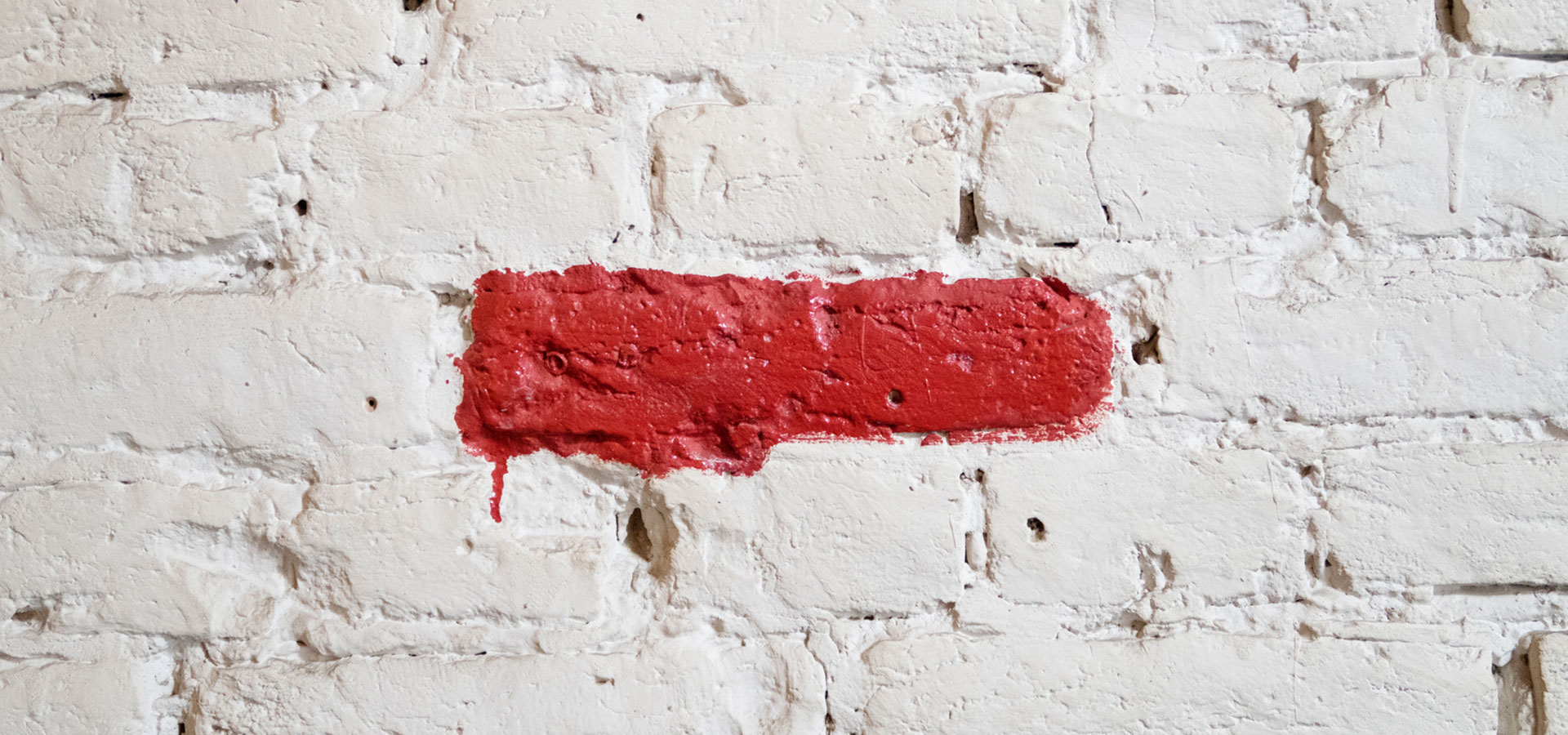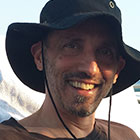
Careful Curation Nurtures Intelligence
It’s little spark of inspiration that ignites every morning when we wake. Thoughts begin to swirl and questions pop into our brains: will this be the 40-foot wave at Mavericks or the nice slow long 10-foot curl in Malibu? Will my favorite team win? Will the weather really be 75 and sunny as promised? No one can really predict what will happen, and that is what makes life so very interesting—the unknown. The old saying, “it is a big wide wonderful world out there” seems more apropos today than ever. We’re surrounded by options and experiences that are seemingly at our disposal, like reading the paper while drinking a hot cup of coffee or tea, driving an electric car, or even flying into outer space. In most cases, we are the only limiting factor. Limitations are often self-imposed, and can prevent us from growing—however limitations can also fuel passion and encourage us to learn more and more each day.
Always be learning
We gather information daily in a variety of ways through a variety of channels. However when we break down how we obtain knowledge it’s usually done through three prime areas: work, pleasure, and “other,” and often learned through books, people, the web, television, interaction, and day-to-day experiences. In doing this, people learn how to deal with new environments, adapt to situations, problem-solve and perhaps more importantly, how to deal with each other.
How we synthesize information will ultimately determine how each one of us acts and reacts in the world. We must not put too much emphasis on how or where we obtain knowledge, but rather the knowledge gained to deliver. There is little question that in today’s fast paced society, gaining knowledge is not only about success, but also survival.
What you consume consumes you
While news did not travel fast in the time of Socrates, today things happen at lightening speed—information travels and spreads across the globe with the click of a button, and within seconds we’re able to obtain information in previous decades took days, weeks, and sometimes months. It’s often difficult to focus our learning to one subject with so many pressing topics requiring our attention, not to mention getting bombarded by unidirectional information. Most of us are also put under a great amount of external pressure. Being aware of what is going on around us is expected now more than ever because information is at our fingertips. Curation is essential. Time is at a premium and how we filter unwanted and unneeded information is the key factor in successfully acquiring knowledge. We must not only be good time managers, but also synthesize and curate information in an efficient manner.
Creative arts enhance our ability to learn
Currently there is a big push into STEM (science, technology, engineering, and math) to elevate our K-12 educational system, but we must also be cognizant to the fact that the arts play a key role in the creative thinking process. Art at its core is about emotion. One visit to the Sistine Chapel in Rome will convey Michelangelo’s message of beauty and power. While reading from one of the famous western philosophers like Thales helps expose basic emotions, such as love, hate, joy, and bliss, and provides a deeper understanding of human behaviors. The creative arts (painting, sculpture, drawings, film, and writing) are all about expression teaching us all a very important in the way we act and also react.
Looking within allows us to better adapt and deal with our environment. It also enables us to be better time and information managers, which is a necessary in today’s data-intense society. Our prime learning channels—work, pleasure, and “other”—are all very different, yet all interrelated. How we engage, access, synthesize, and curate information will determine how we deal with the real world. Each person is different and synthesizes and retains information at different rates, but the more we learn, the richer our lives become and the more we contribute to the world around us.


Uncommon Person: Chad Hutson

Our Internal Learning & Impact at Bulldog Drummond

The One Decision by Employers in 2021 that Means Everything

What I Wish I Knew

Standing Up Inside

Uncommon Person: Gregg Imamoto

Five Things Every Company Should Know about ESG

Redefining Value

Uncommon Person: Chris Baréz-Brown

It’s Time For A Whole Lotta Common Good

Did You Choose Humanity?

Uncommon Partnership: Violux

Here’s How

Uncommon Person: Santhosh Nair

Designing Strategy For A Complex World

Responsibility & Relevance for Brands

